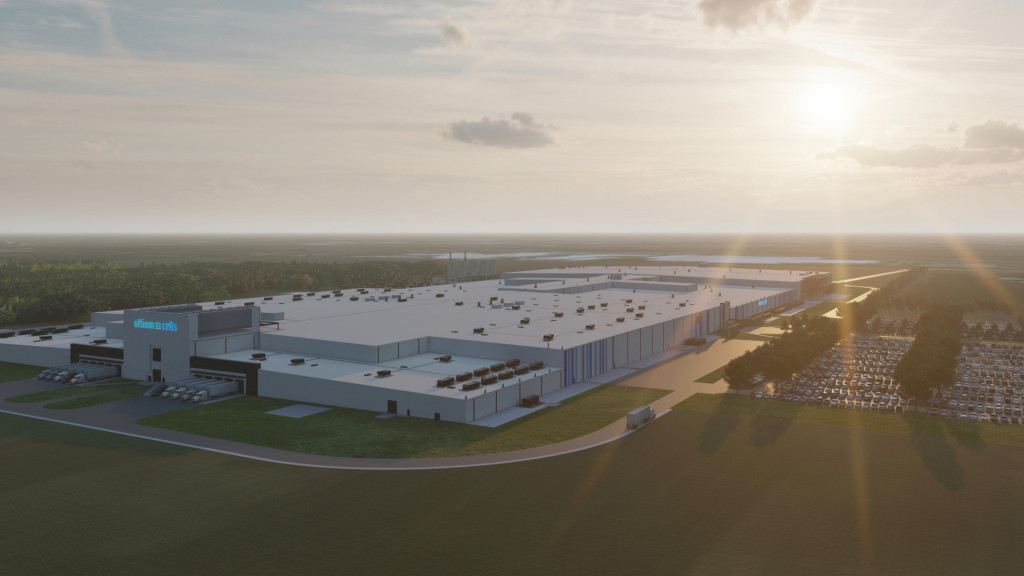[ad_1]
Toyota plans to shift a $1.5 billion order to an LG Energy Solution battery factory in Michigan to help keep it afloat after General Motors backed out of the project, Automotive News reported Wednesday.
Located in the state capital of Lansing, the plant started out as a joint venture between GM and LG. But in December GM said it was selling its stake to the battery maker. That left LG scrambling to find new customers, according to the report, which cites anonymous sources familiar with the matter.

Rendering of planned General Motors Ultium Cells Lansing battery plant
Toyota has now agreed to transfer an existing order from another LG plant in Michigan when LG fully acquires the Lansing factory, which is expected to happen this spring, per the report. The batteries purchased by Toyota under this deal could reportedly be used in hybrids or electric vehicles, and LG is also seeking some energy-storage business for the Lansing factory as well.
The factory was said to cost $2.5 billion when first reported in 2022, with GM and LG splitting that amount. The two companies were also granted $480 million in government incentives for the project, according to Automotive News, which reports that GM is working with the State of Michigan and the Michigan Economic Development Corporation to fully transfer those incentives to LG.

2025 Toyota bZ4X
Toyota said in September of last year that it would ramp up EV production to at least one million units, on a global scale, in 2026. That’s lower than a 1.5-million-unit target the automaker previously discussed, but still represents a nearly tenfold boost from 2023 levels.
In the U.S., Toyota will soon open its own battery factory in North Carolina to boost supply for future hybrids and EVs. But an October 2024 report said a key new all-electric model—a three-row SUV to be assembled in Kentucky—might get delayed from 2025 to 2026. The same report said Toyota canceled plans to manufacture Lexus electric SUVs in the U.S., and that those vehicles would continue to be imported from Japan.
[ad_2]




